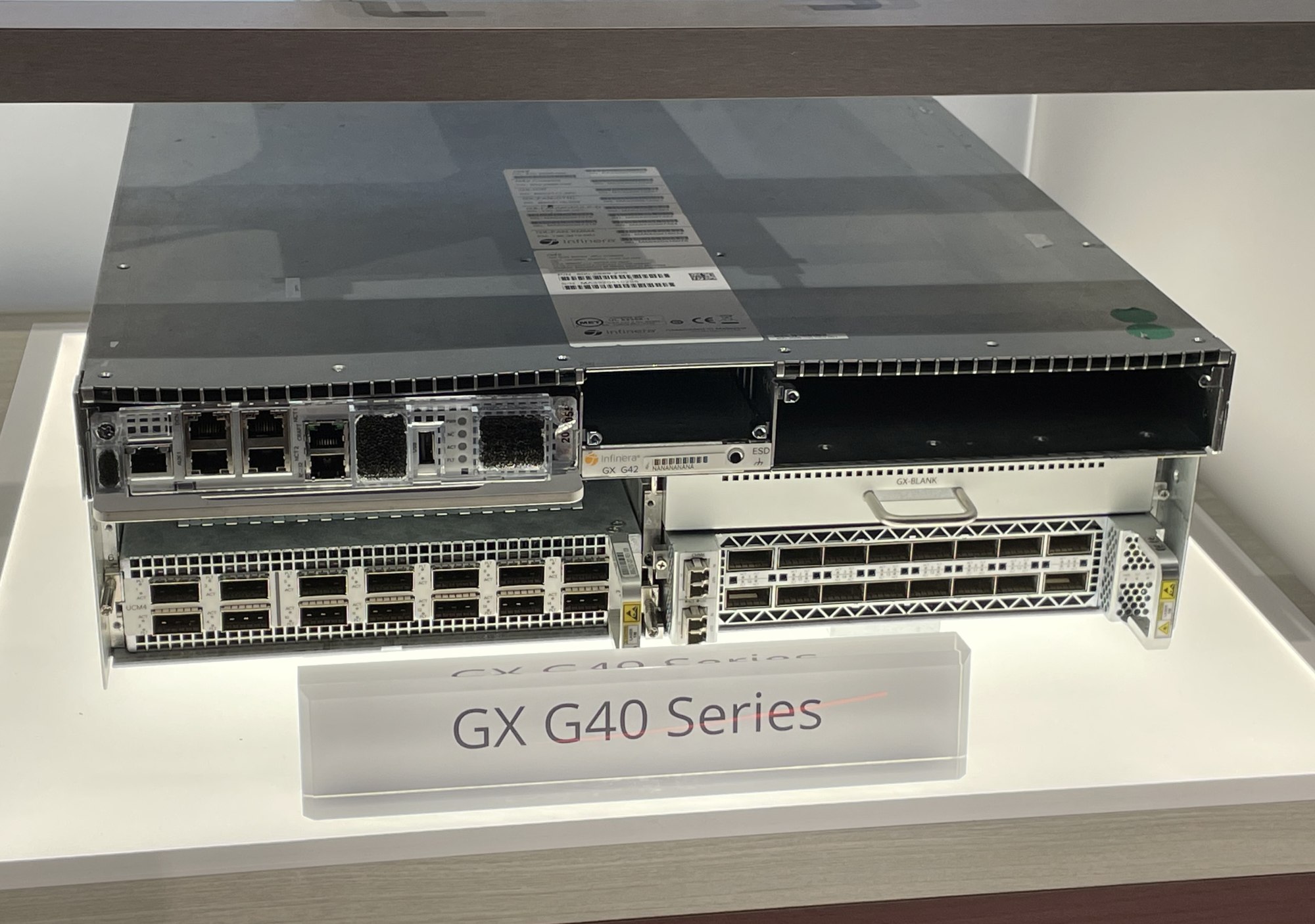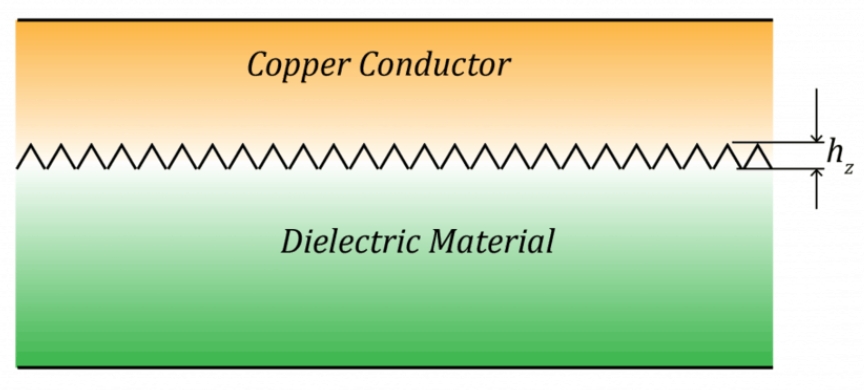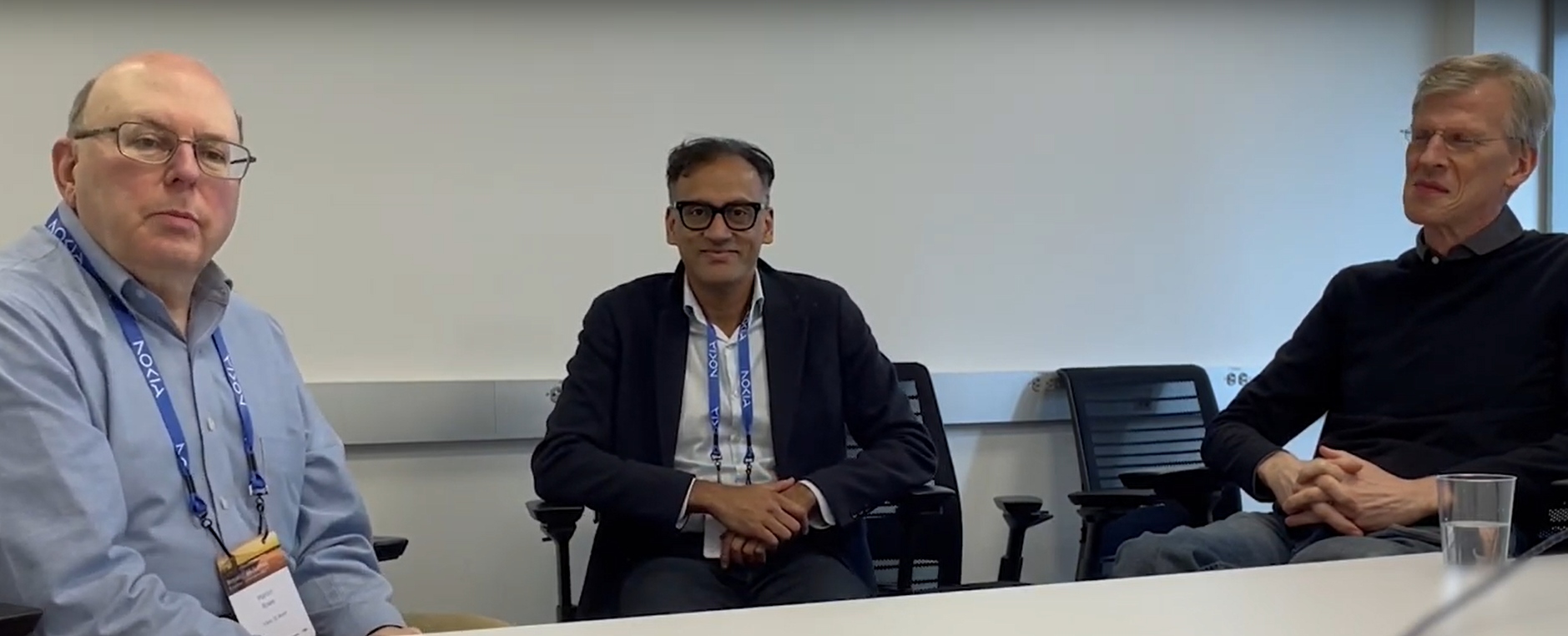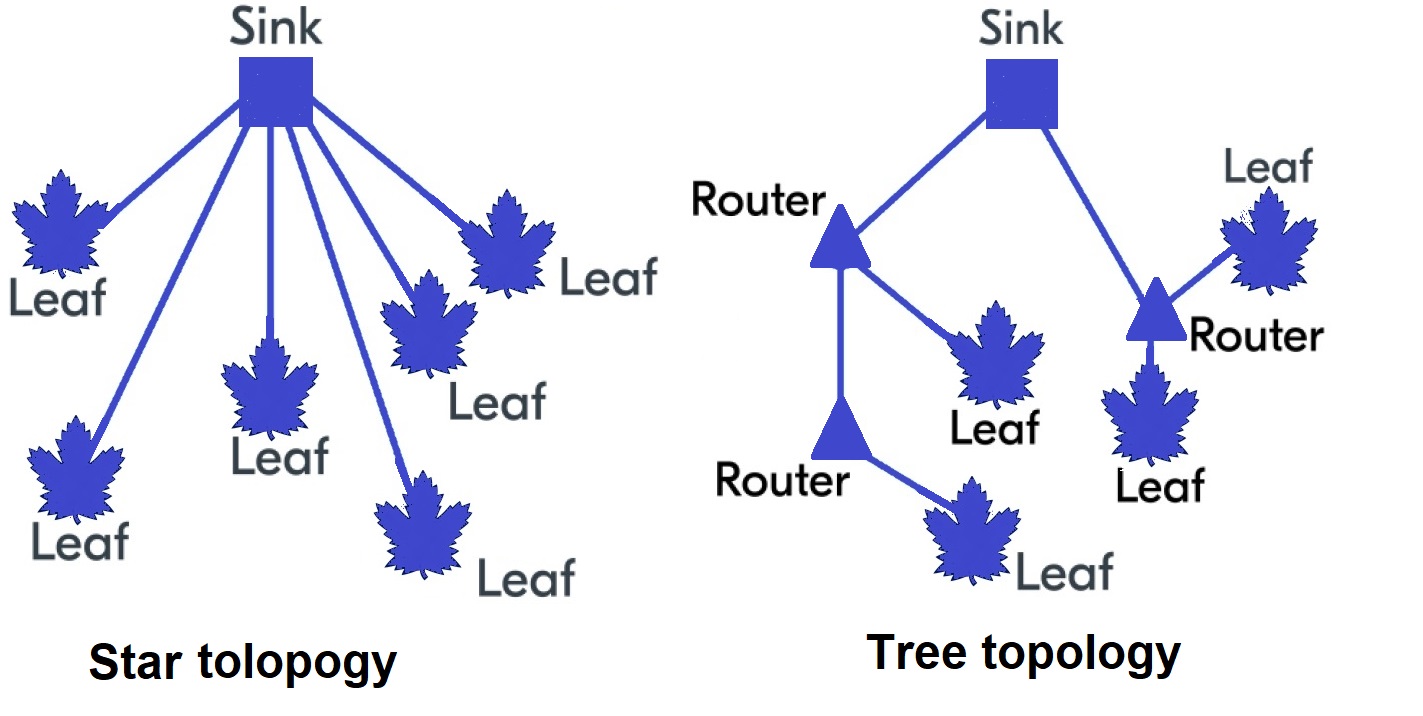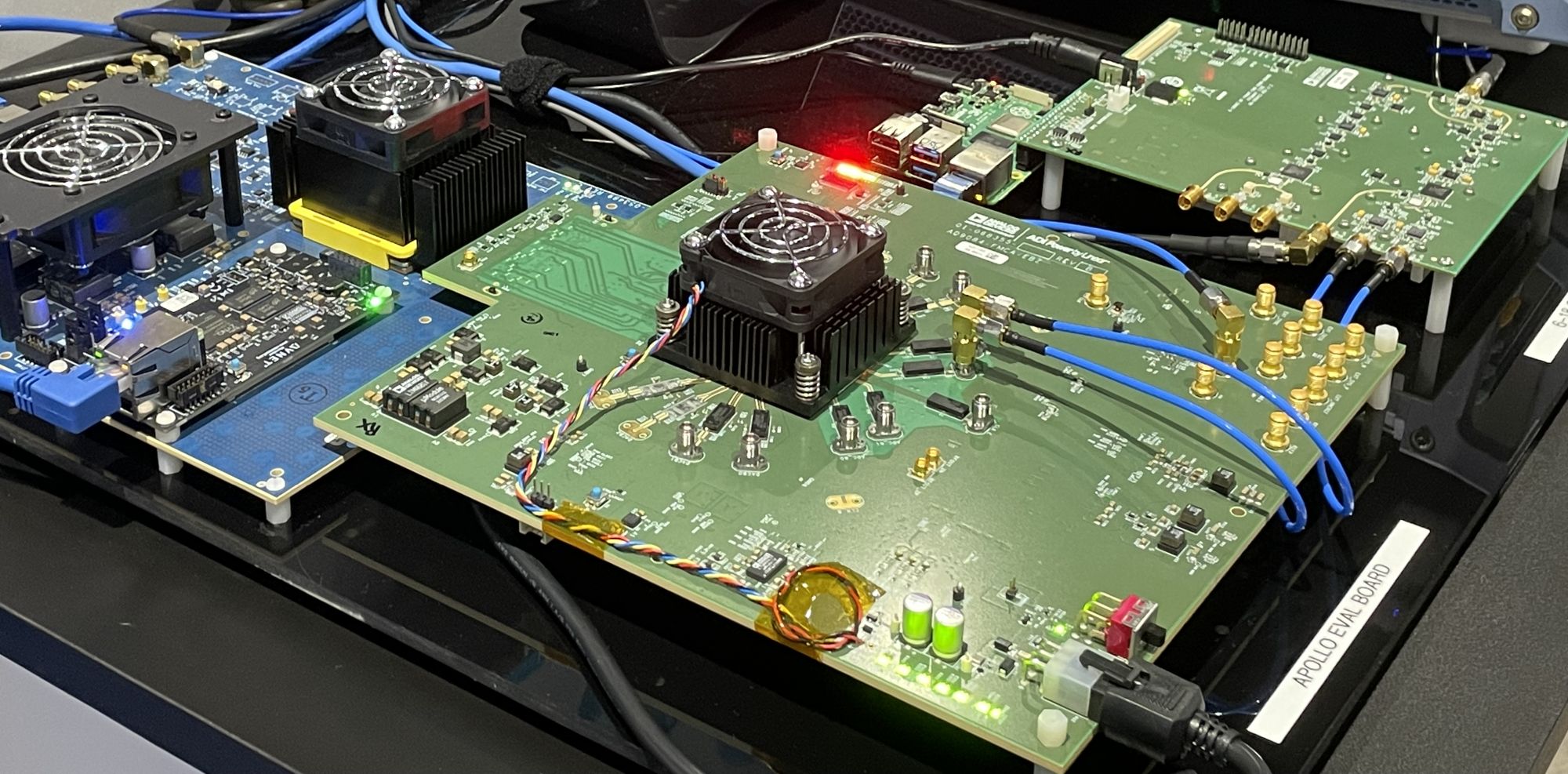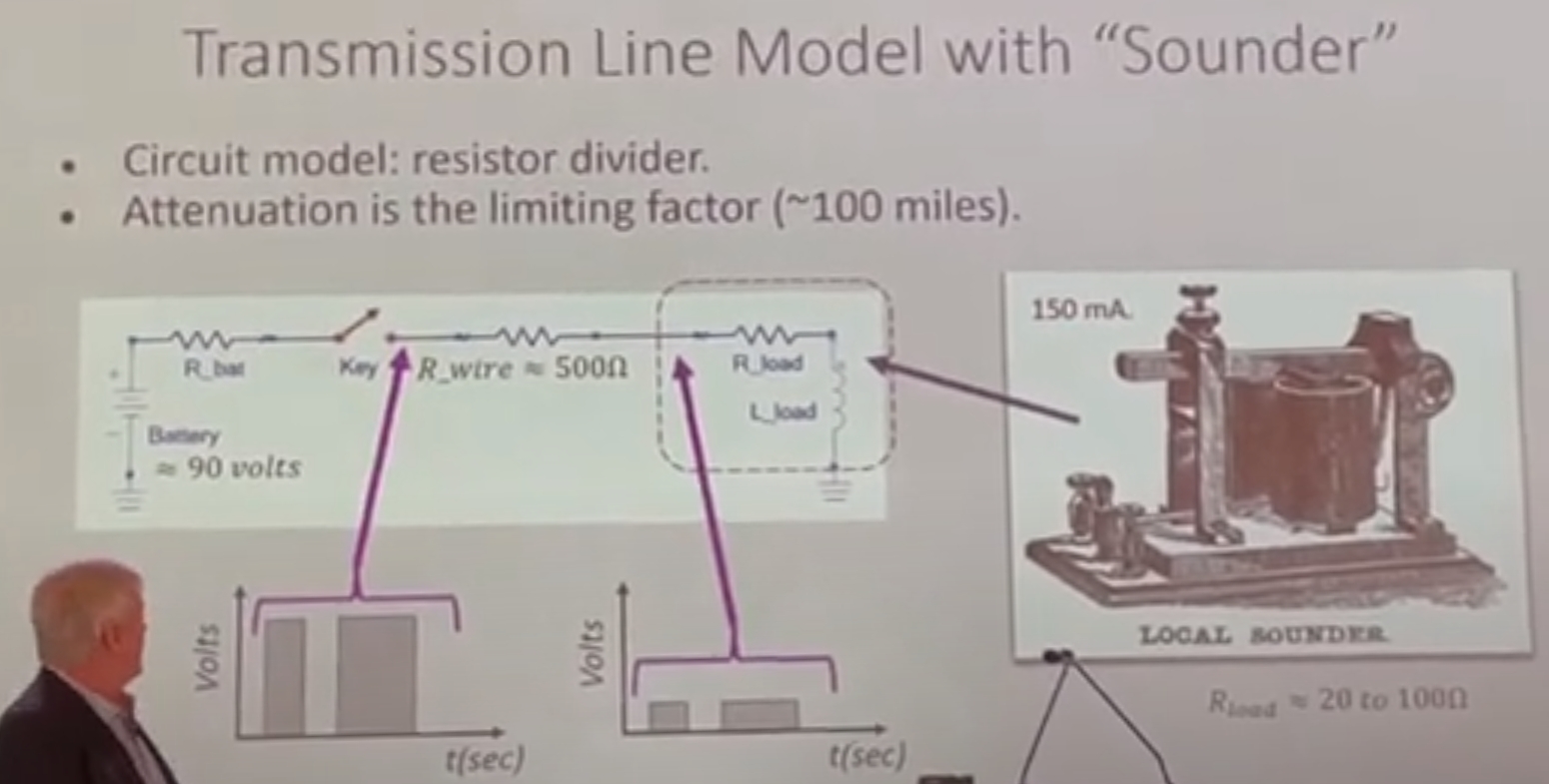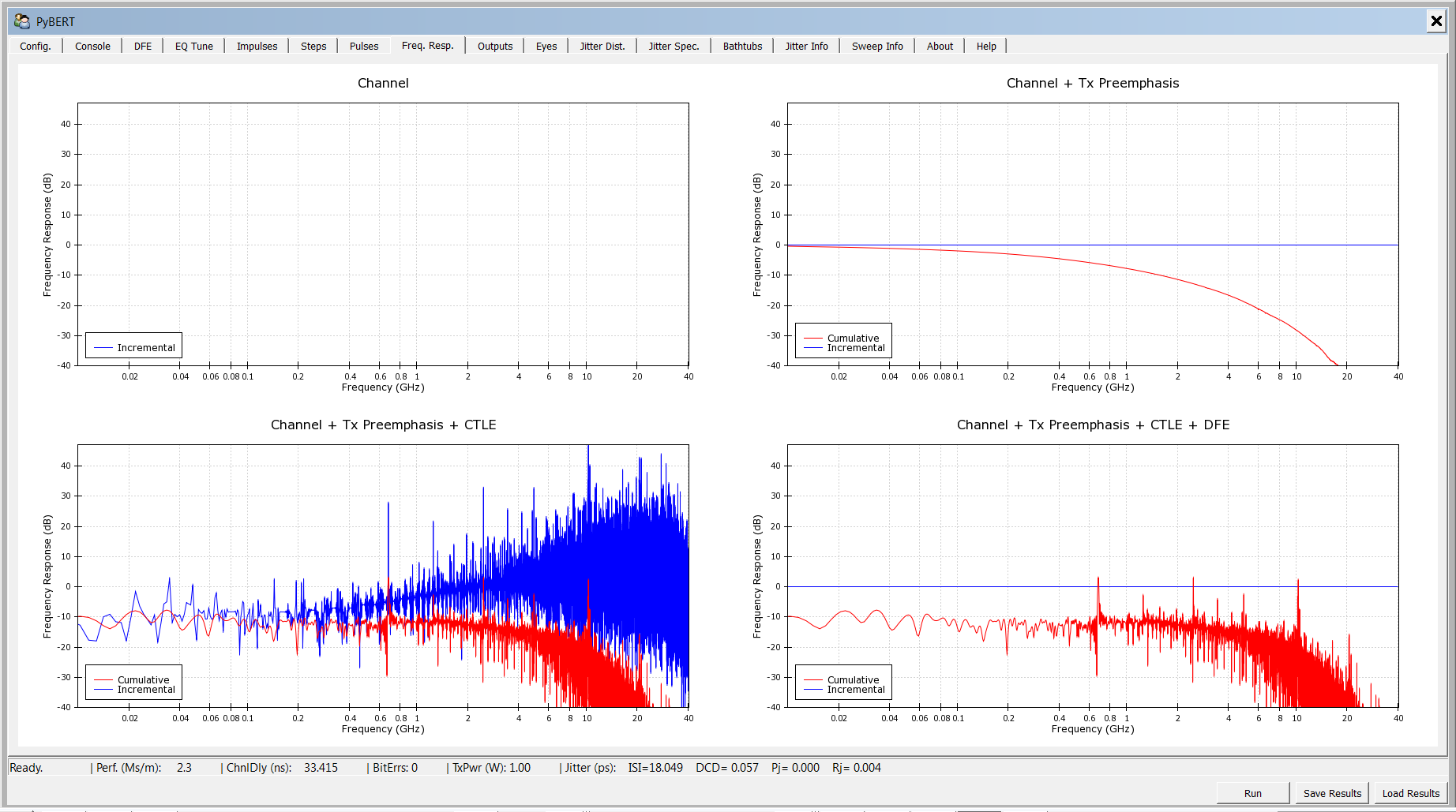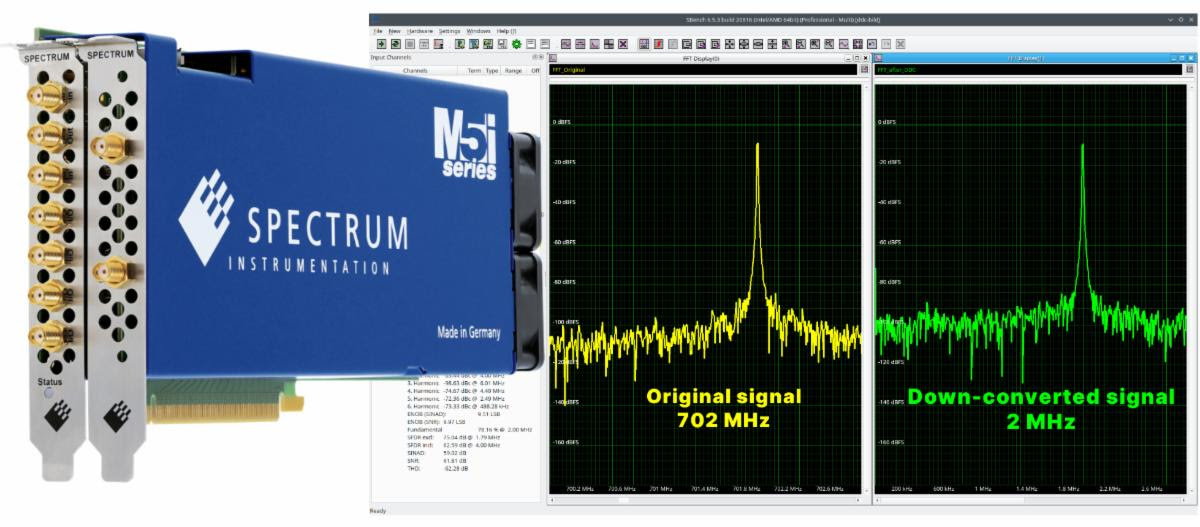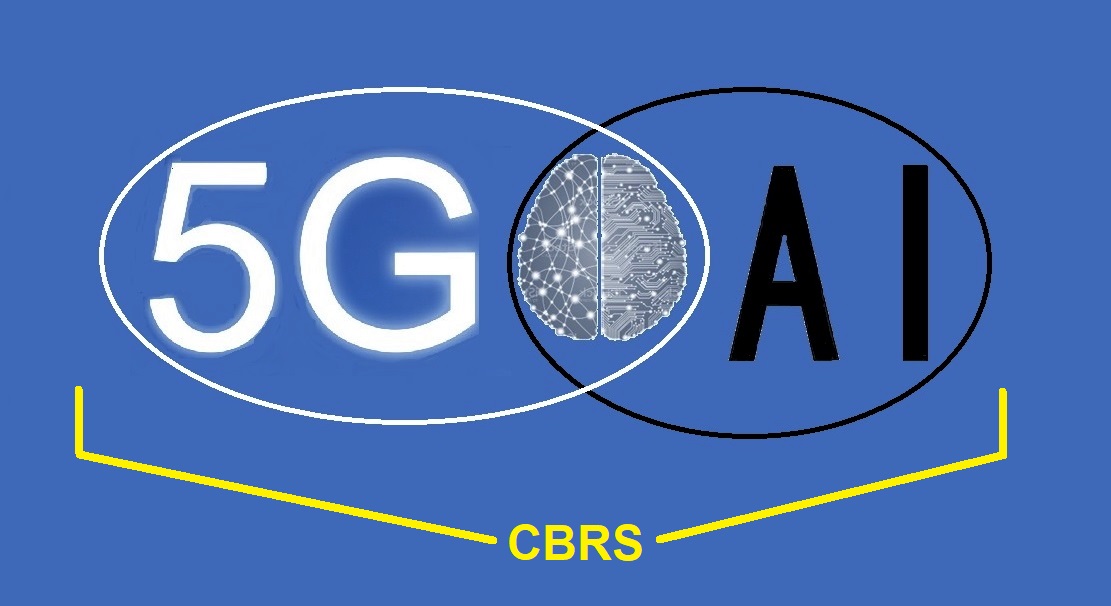The infrastructure of data communications networks needs lots of fiber, semiconductors, and network equipment to bring data to the masses. Optical data networks form the backbone of today’s communications. Data centers, which seem to dominate any discussion of digital communications, depend heavily on fiber-optic connections from a few meters to many kilometers. Getting those bits…
GPS at 50: Now what?
EE World interviewed Microchip’s David Chandler and Duke Buckner on the status and future of GPS, a technology we rely on for location tracking and network timing. Ethernet isn’t the only ubiquitous technology invented in 1973. GPS, the network of satellites that provide location and timing information, was also born that year. GPS has come…
How trace roughness, glass weave, and stackup affect signal integrity
How do circuit board materials and construction affect the integrity of signals that travel across the board?
Video: Research at NYU Wireless and Nokia aims for 6G
Upper mid-band frequencies, above 100 GHz frequencies, and integrated sensing are some of the projects that could find their way into cellular networks. At the 2023 NYU Brooklyn 6G Summit, EE world met with Prof. Sundeep Rangan, associate director of NYU Wireless and Peter Vetter, president of core research at Nokia Bell Labs to discuss…
The first non-cellular 5G standard: DECT NR+
Officially known as DECT-2020 NR, the protocol brings 5G to smart devices over non-cellular networks. Learn more from a video interview with Jussi Numminen of Wirepas and vice-chair of the ETSI DECT technical committee. For several years, we’ve been hearing about the three points of 5G: enhanced mobile broadband (eMBB), massive machine-type communications (mMTC), and…
IMS 2023 roundup: semiconductors and microwave components
Through photos and videos, EE World covers some of the active and passive components that RF and wireless engineers need to connect us all.
IMS 2023: keynote analyzes early undersea cables
In EE World videos from the 2023 International Microwave Symposium, engineers received a history lesson on early transatlantic cables through an analysis using today’s methods. Plus, a demonstration of a 1944 radio using a razor blade as a rectifier. Modern equipment provided an automated Morse code signal.
Analyze signal integrity in serial links with pyBERT
EE World spoke with David Banas, who demonstrated pyBERT, the free and open software for signal-integrity analysis where he explains the motivation for its creation.
External GPU digitally down converts captured RF signals
Spectrum Instrumentation’s complete line of PCIe digitizer cards can now perform Digital Down Conversion (DDC) thanks to a low-cost option for $390 that uses an external GPU card for continuous “on-the-fly” processing. DDC is a powerful technique that is commonly used in a wide range of communication systems, like digital radio, radar, mobile telephony, and…
AI and 5G come together in private networks
Operating in the unlicensed CBRS band, AI and 5G operate at the physical layer to bring processing power to factories and other use cases. In a video interview, EE World hears from EdgeQ’s Adil Kidwai on how the technologies come together.

